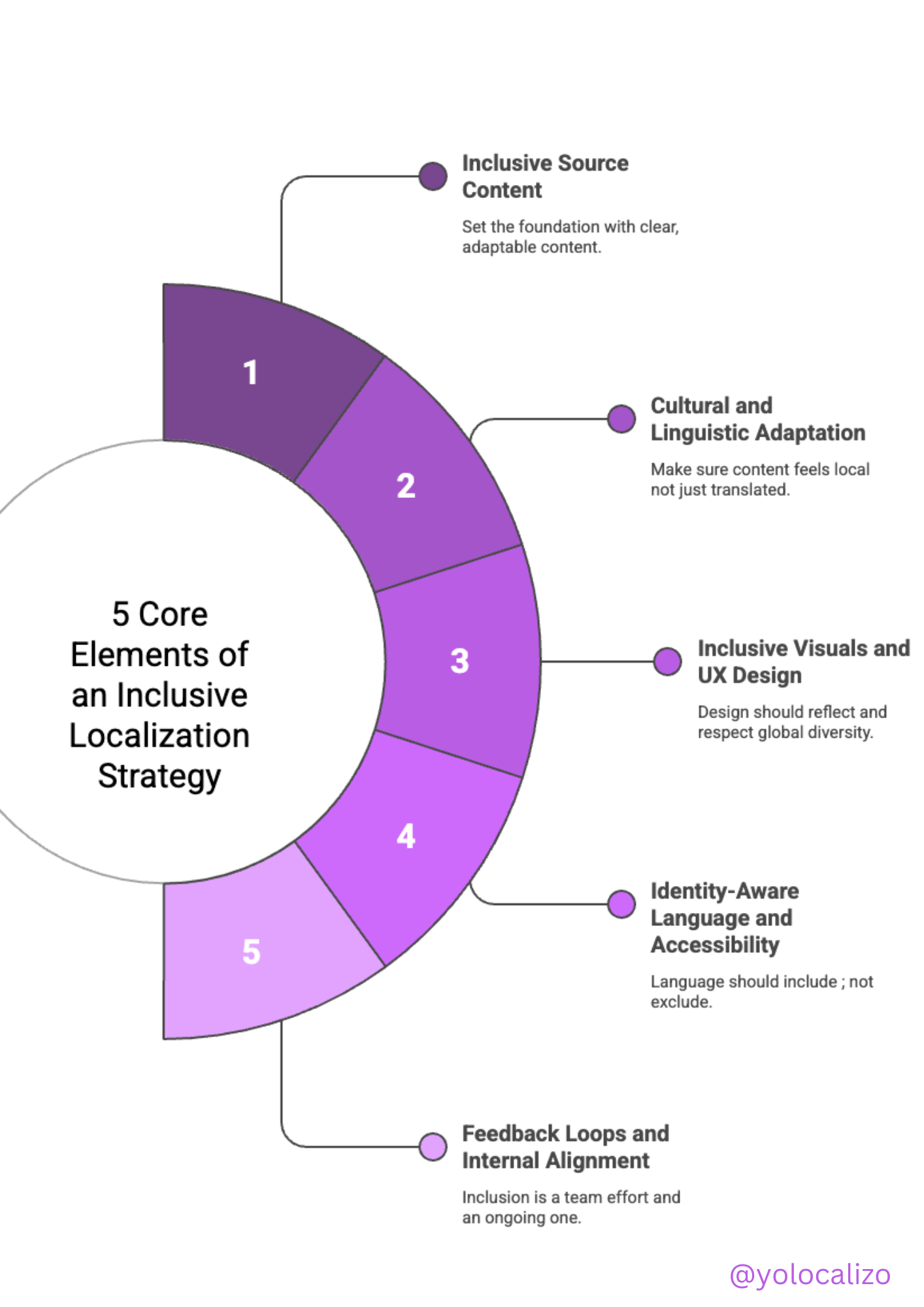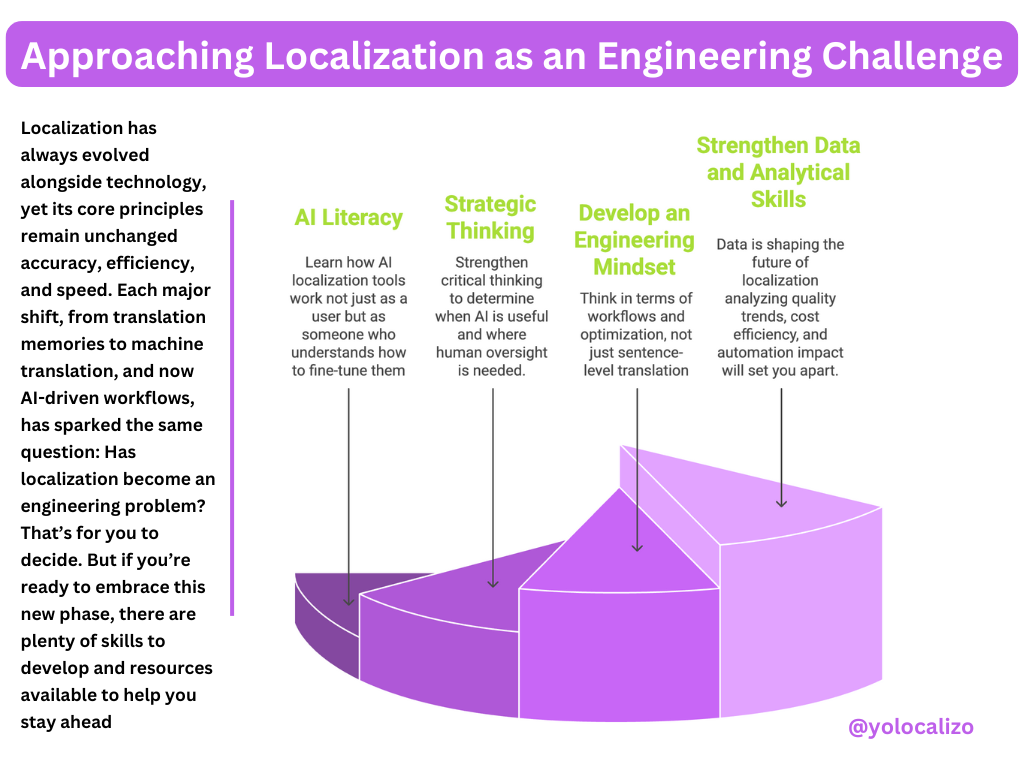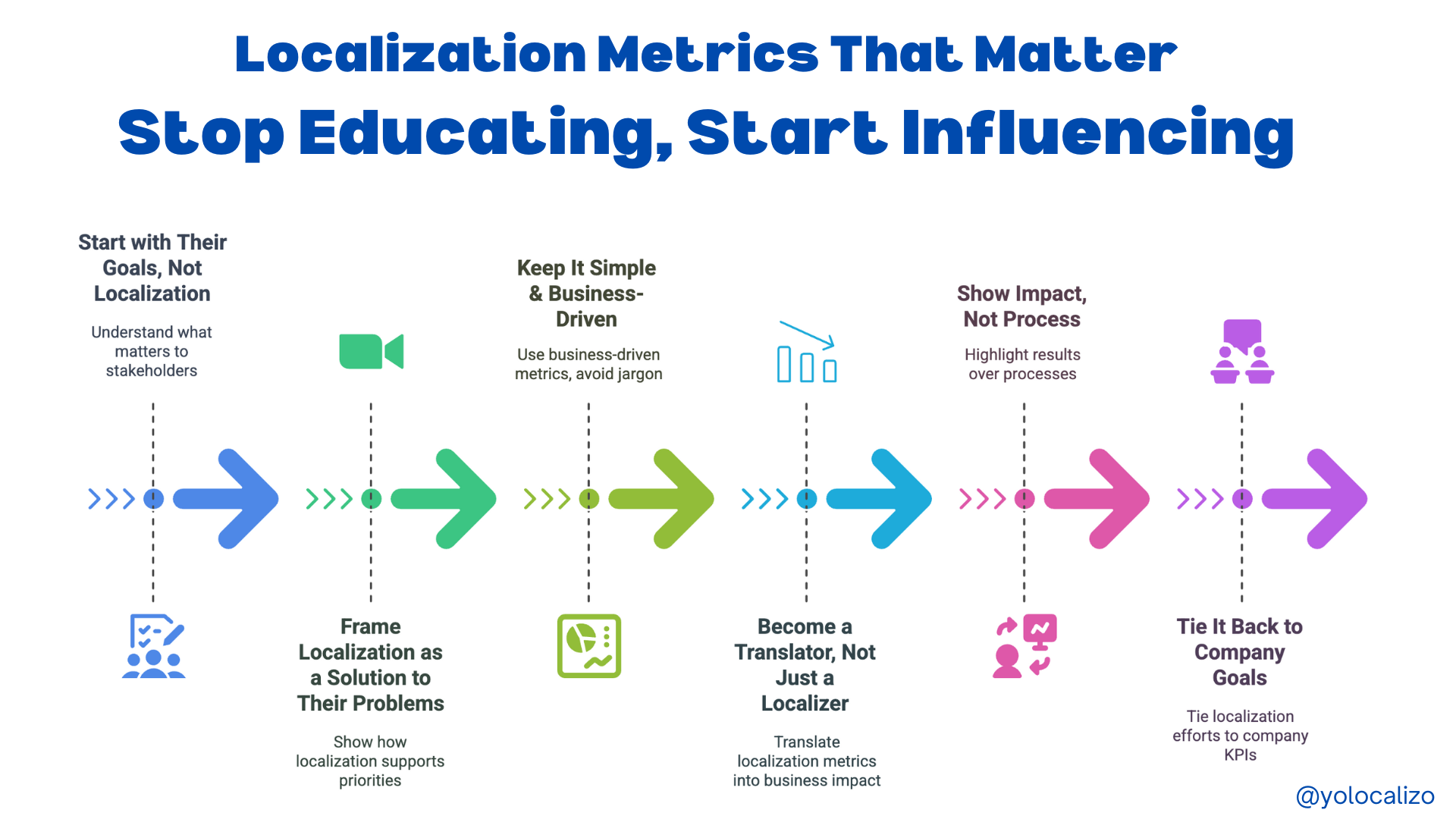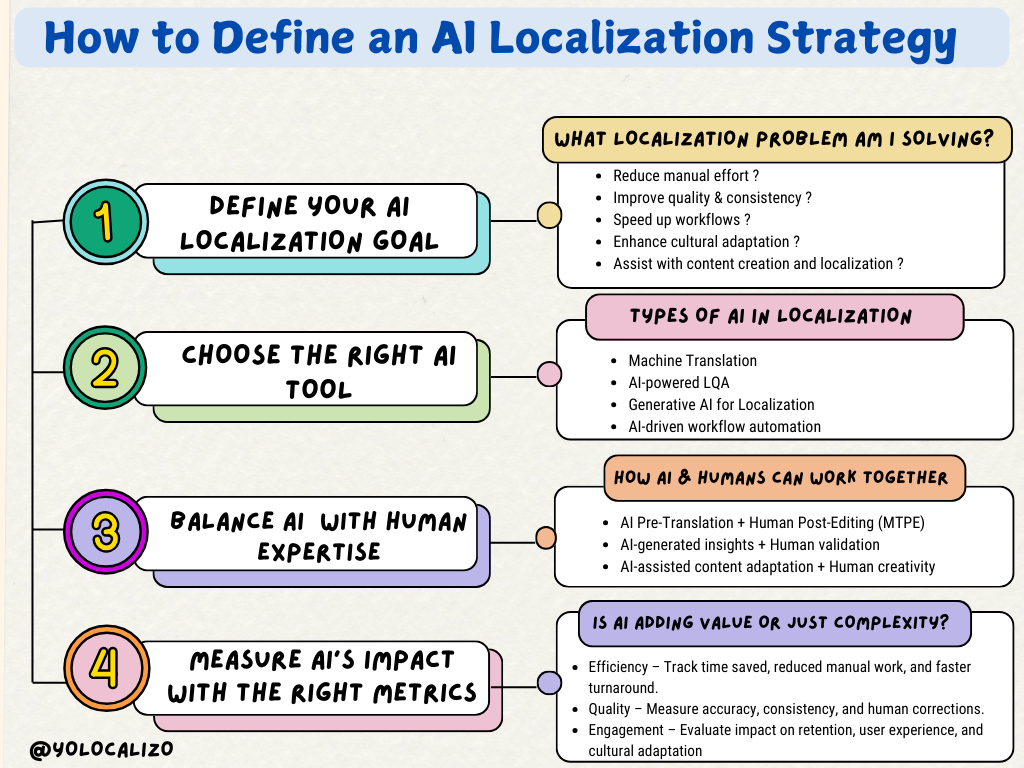Get to the POINT
Get to the POINT
I’m terrible summarizing my ideas. I get lost easily with unnecessary details.
During first quarter of this year I am working particularly hard to polish this skill. Again, my lovely fellow Toastmasters are helping me to improve.
Yesterday I presented my project number 3. This third scheme is “Get to the point”. And this challenge was perfect for me! I learned a lot while preparing it.
I learned some techniques to overcome my difficulties to actually get to the point when I express myself.
During last weeks I learned the following methods:
- I don’t have to over explain.
o We speak to a rhythm around 130 words per minute (http://www.speechinminutes.com), and our brain needs time to process that information. To avoid useless words while I talk I have to ask myself “Am I including too much info that they don’t need?”
- I learned to use the journalist approach to express my ideas in a faster way
o When I think about the who, when, where, why and what, I can convert a complex thought in something easy to follow. Even I can convert my idea in a small story, which is key to keep attention during my conference calls or presentations. Storytelling is working in a very powerful way for me to grab people attention
- I learned how to use pause
o I feel uncomfortable when I use pause while taking. But the fact that I feel uncomfortable it means they are necessary J. I discovered that it’s an effective weapon to allow the others to process what I just said. I realized that very often I used long sentences. Glued with a lot of words such as so, and, but … This is complex to follow. I was taught to replace these words with pauses. I practiced yesterday these pauses during my speech and it worked! I saw several nods when I was provoking intentionally long pauses
- I learned how to request others to get to the point
o Since now I’m paying more attention to get to the point I can see others also struggle getting to the point J Sometimes people come to my desk and they ask my advice about something. Sometimes the introduction is very long. Sometimes I don’t know what the question is and quite often I’m not sure where this introduction is leading. When I feel I’m lost after listening for 30 seconds I interrupt politely the other person and I say something like:
§ I'm sorry, I'm not following. What exactly do you need us to do? How can I help you?
§ I see...so how exactly can we help you accomplish this?
I work with people from different countries, different cultures and getting a common understanding it’s tricky. When I use question like this I find easier to get things back on track
This is my shorter post of the year. Maybe because I’m starting to learn how to get to the point? J
@yolocalizo













Before jumping on the AI bandwagon: What localization problem are you trying to solve? AI is everywhere right now, including in localization.
But before jumping on the bandwagon, we need to stop and ask:
Are we solving the right problem?